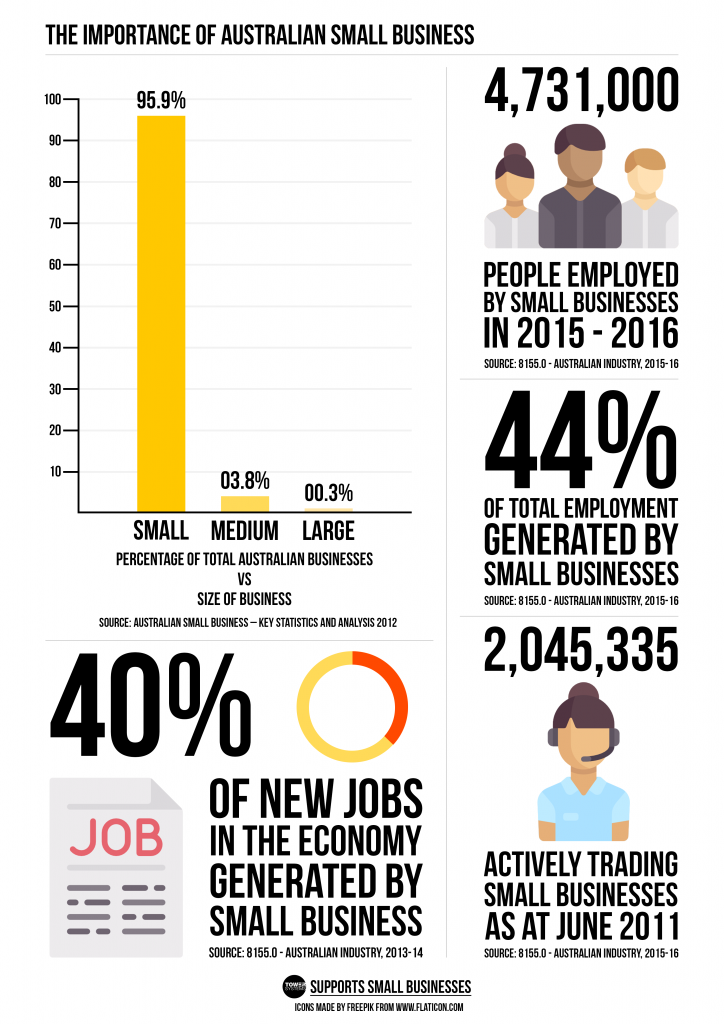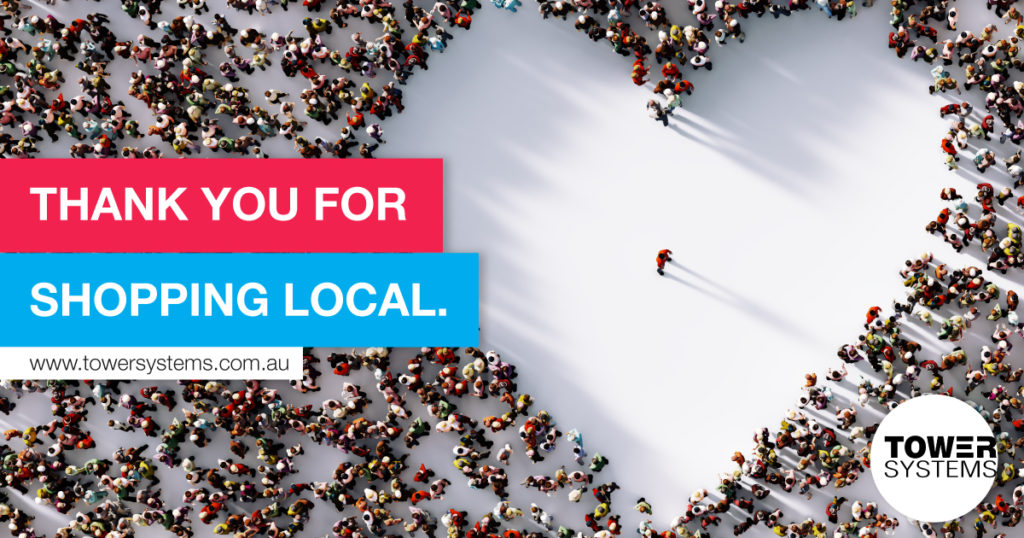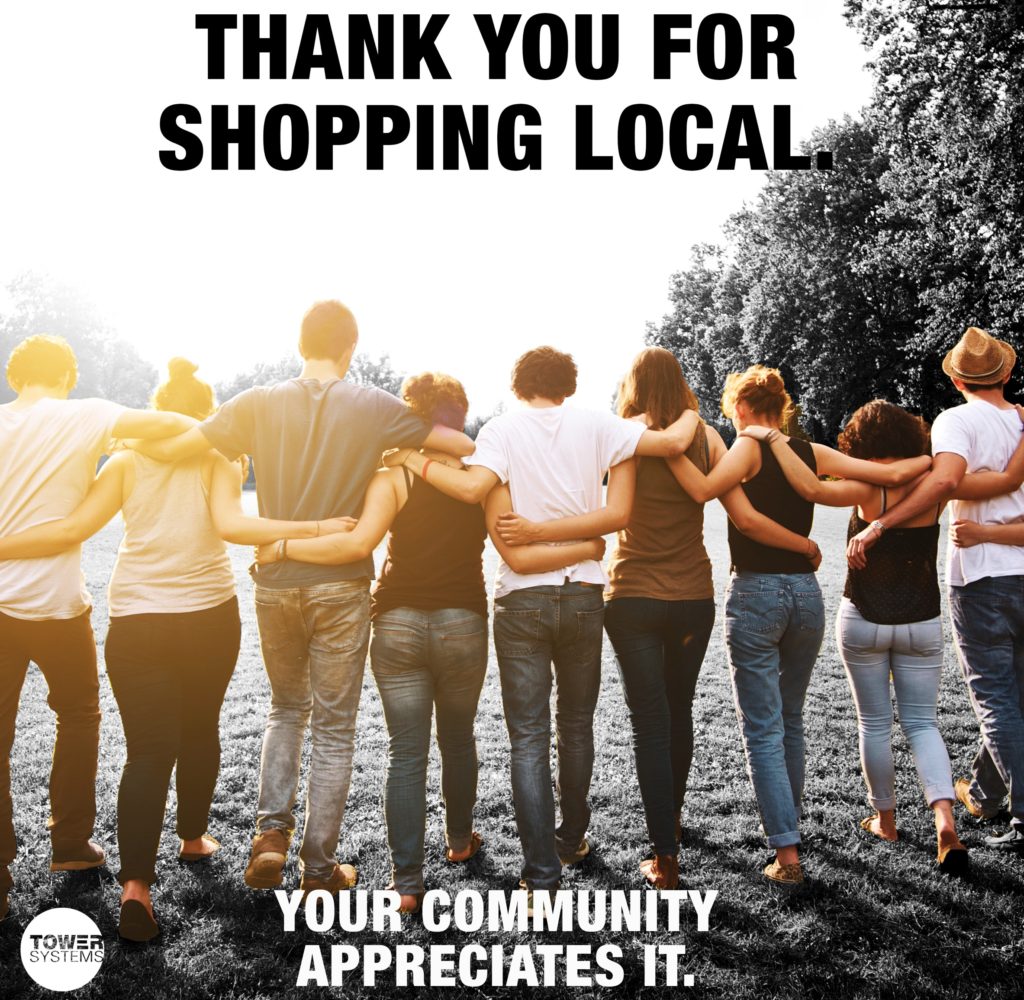Every day we are engaging with new opportunities to embrace the covid pivot opportunity with small business retailers in Australia and New Zealand.
The covid pivot is where a business embraces a change outside of what has been usual for the business – new products, new services, new business methods – in pursuit of new shoppers and that it does this in response to the covid challenge and opportunity of 2020. Hence, the term the covid pivot. It is real.
It is important to understand what the covid pivot it not. It is not made out of fear or desperation. It is not a last stand. It is not a retreat. No, the covid pivot is a confident move a business makes to pursue new opportunities, new customers, to expand the reach of the business. This is the pivot part. the covid part is that the virus provides opportunity, encouragement and cover, if necessary.
We are grateful to serve more than 3,000 small business retailers in our POS software community, and to be growing this daily as more join with us. Within our current community and without we are helping retailers in their covid pivot journey to find new shoppers, to expand their reach and to being new life and opportunity to their businesses.
While we get that 2020 is challenging, early on, back in march tis year, we decided to focus on walking forward, turning here and there, expanding the business and the businesses of our customers. We think it is too easy to get caught up ion the doom and gloom of some in the media, the negativity. That’s not for us. It’s a mug’s game. That’s not us.
Opportunities abound for finding new customers in retail as well as in our space of being a small business POS software company.
In our focus on the covid pivot opportunity we are doing this here ourselves, in retail businesses we own and with plenty of our partner retailers. This is a 2020 good new story. We call it the covid pivot as something to celebrate, while not forgetting the health and personal harm and suffering that covid itself ha=s brought to so many.




Recent Comments